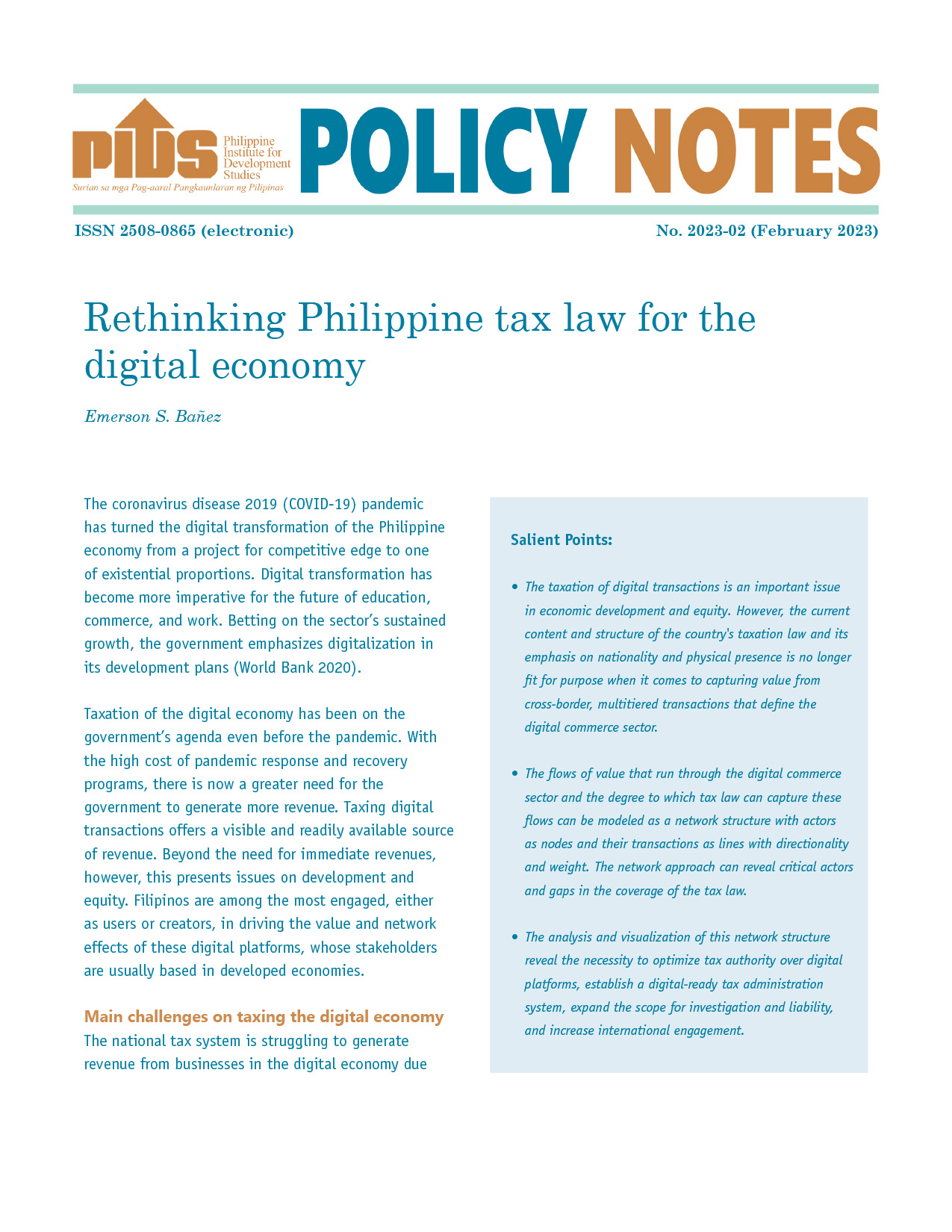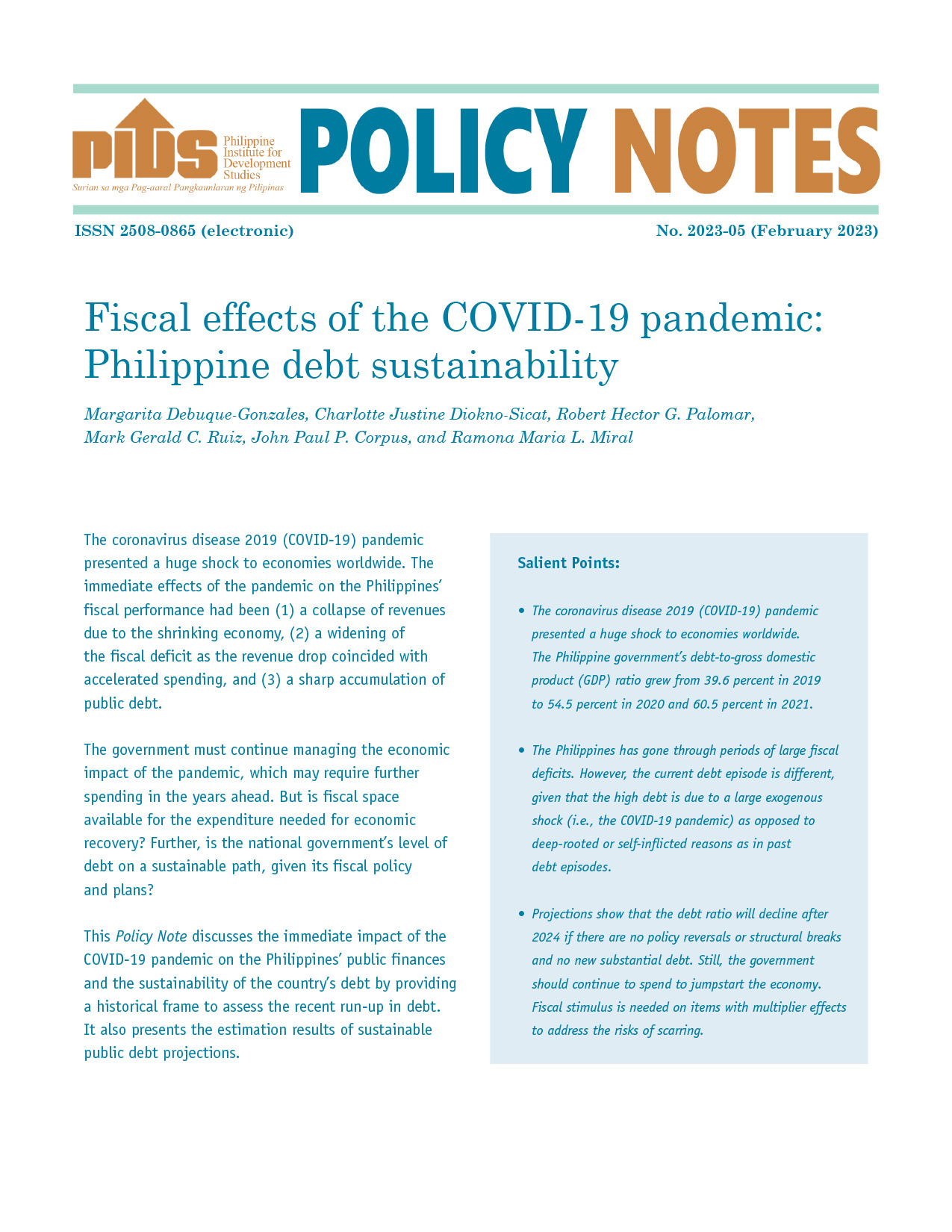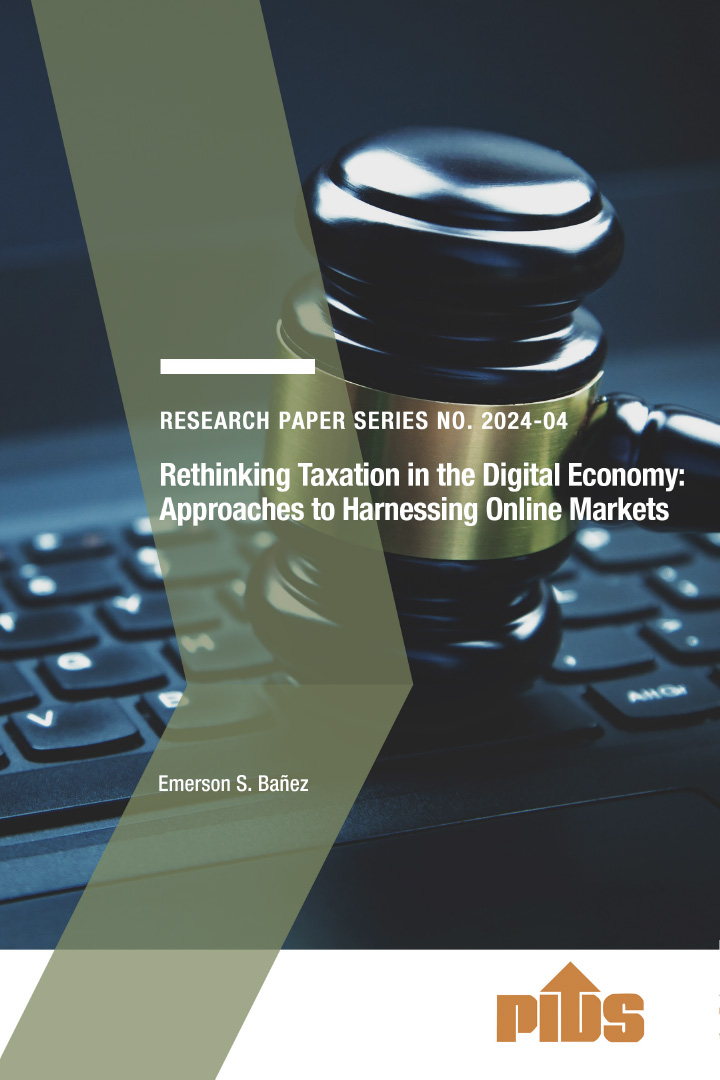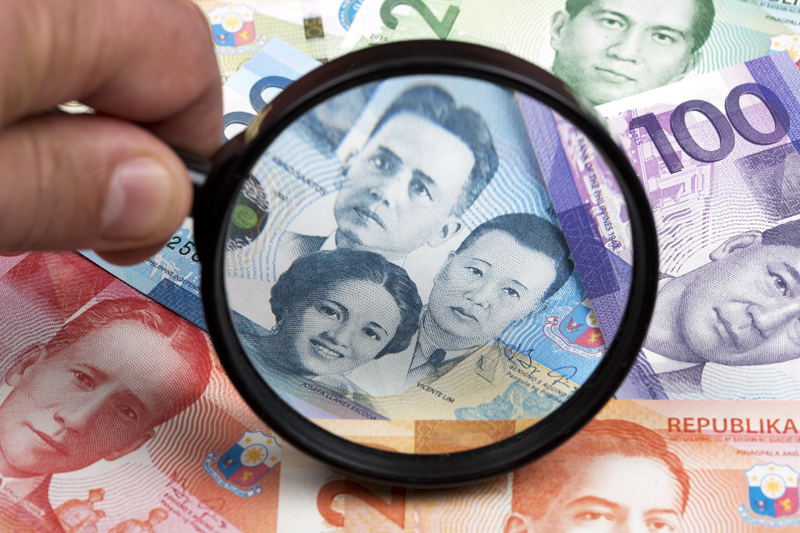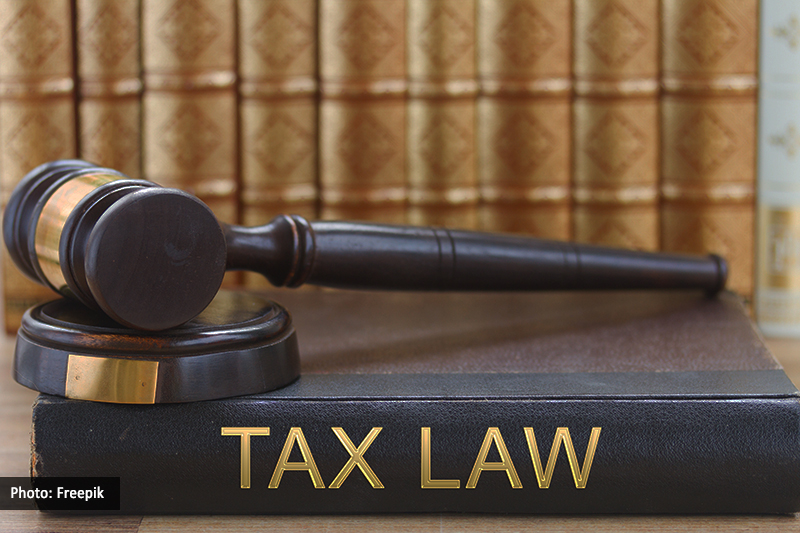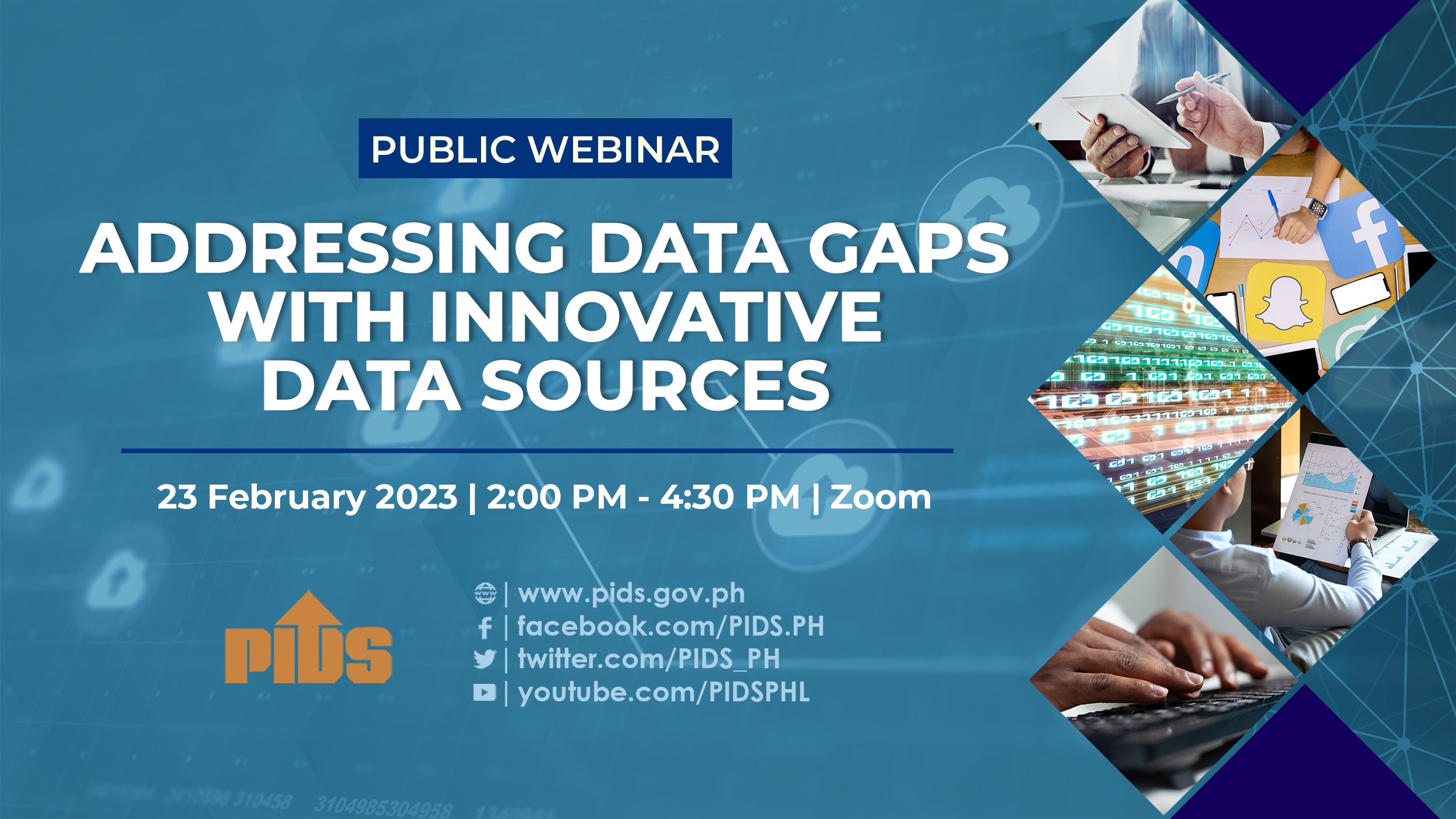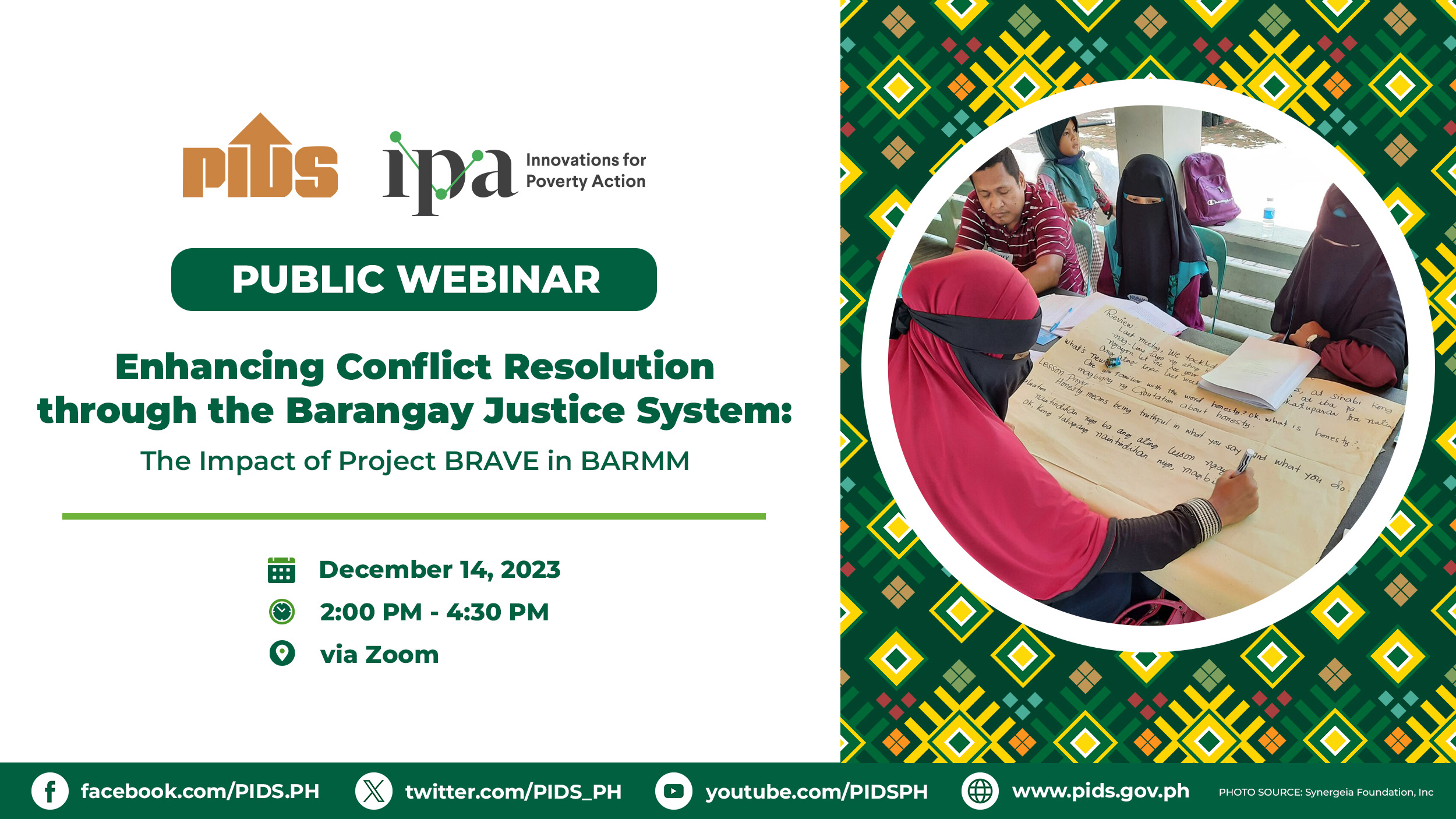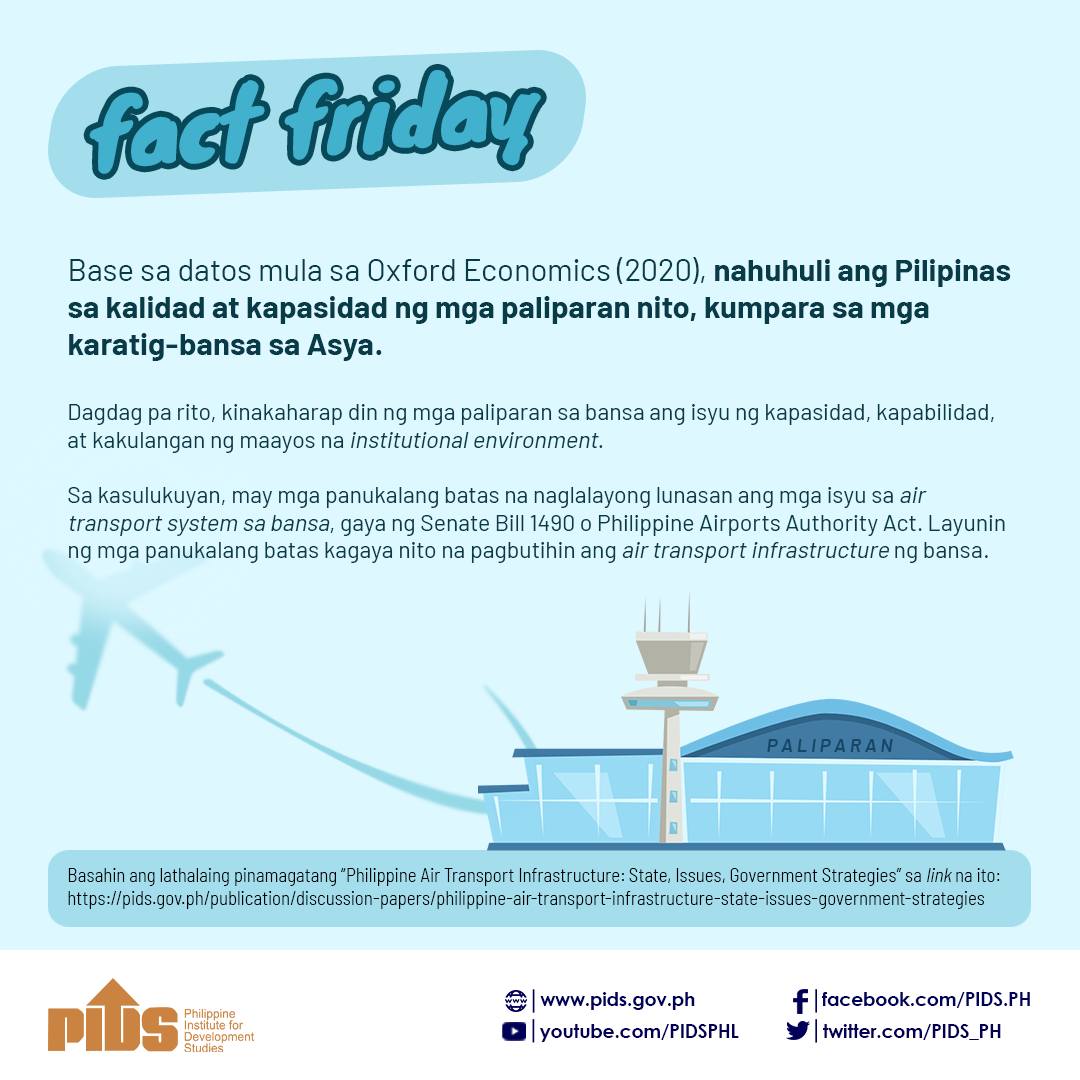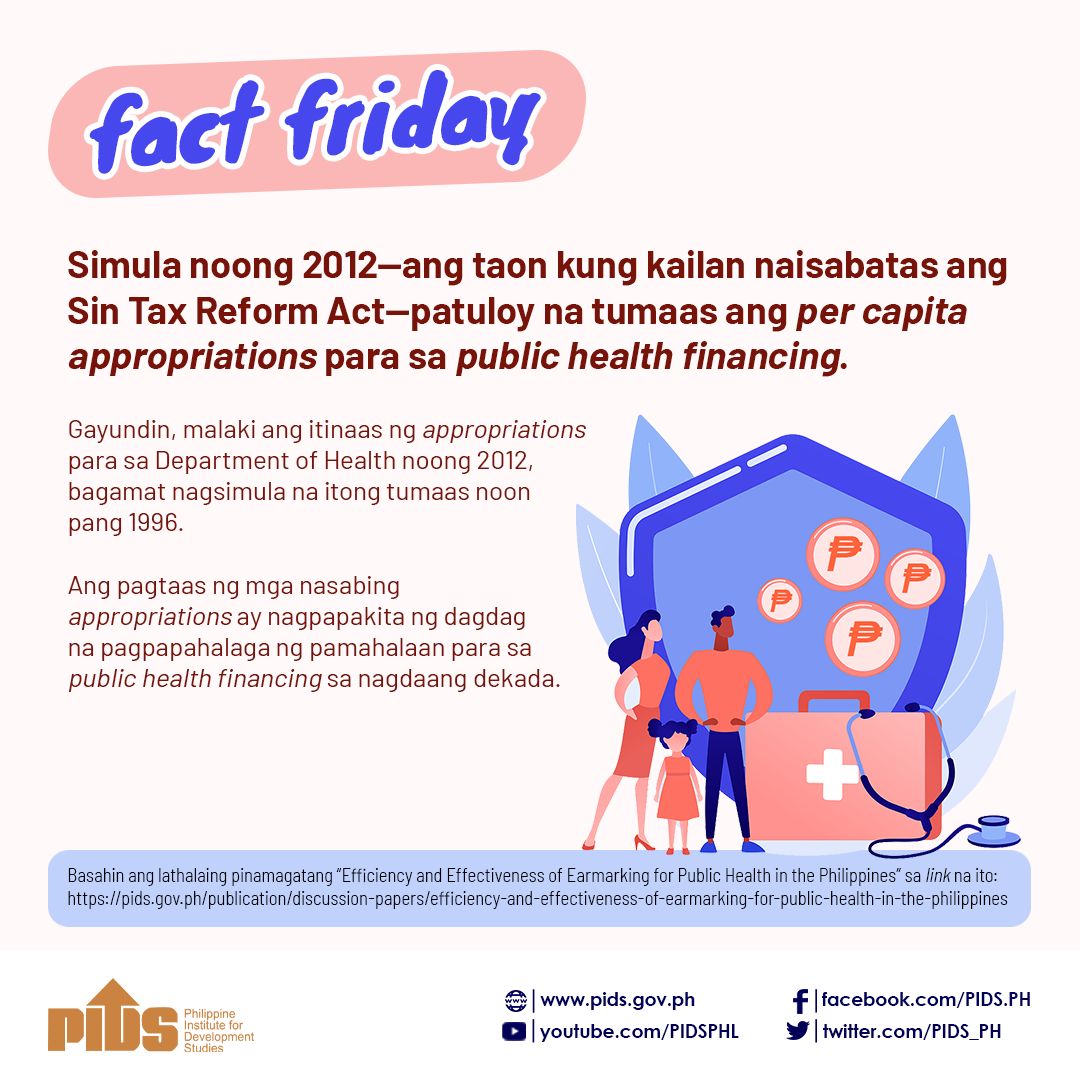AS PART of its efforts to improve the country's tax system, the Department of Finance (DoF) is studying Indonesia's experience with the implementation of carbon pricing.
Finance Undersecretary Zeno Ronald Abenoja said last week during an online business forum run by The Manila Times that the DoF is doing an engagement research into carbon tax or carbon pricing instruments.
"We are engaging possible partners to look at the options for the Philippines. What this study will entail really is to have a baseline understanding of where we are right now and given this understanding of the situation in the Philippines, we will look at other countries' experiences," he added.
He said the agency is considering several options as the country would benefit from other countries' experiences and draw on the knowledge of multilaterals to offer some direction on what the options might be for the country.
"They've been one of the first countries economies in the region to take a complete step in this direction. This has been available to them, I think, a couple of years ago, but the implementation as I understand has been stretched out," the official said of Indonesia.
The Finance department can identify the difficulties and factors that Indonesia is now taking into account given the first steps that it had taken, Abenoja said.
"And that will provide us [with] more ideas of the range of options that are available to us. It may be something similar to Indonesia, a slight modification or some other type of instrument," he emphasized.
President Ferdinand Marcos Jr. said in his first State of the Nation Address that the government will execute sound fiscal management under his watch.
"Tax administration reforms will be in place to increase revenue collection," he said.
The Development Budget Coordination Committee said the government's revenue program for this year, which is P3.30 trillion, or 15.2 percent of the country's gross domestic product, will be met through the continuous application of the tax law and administrative reforms, supported by strong economic growth.
Finance Secretary Benjamin Diokno previously said the Marcos administration is pursuing the imposition of taxes on single-use plastics and studying carbon taxation as potential sources of revenue.
It is one of the measures proposed under the new administration's Medium-Term Fiscal Framework, which aims to improve tax administration, enhance the fairness and efficiency of the country's tax system, and promote environmental sustainability to address climate change.
In a discussion paper released in December 2018 by the Philippine Institute for Development Studies, authors said carbon taxation "is a bold step for a developing country like the Philippines as such types of regulatory taxes can counter growth policies due to the obvious increase in production costs of fossil fuel-heavy industries.

